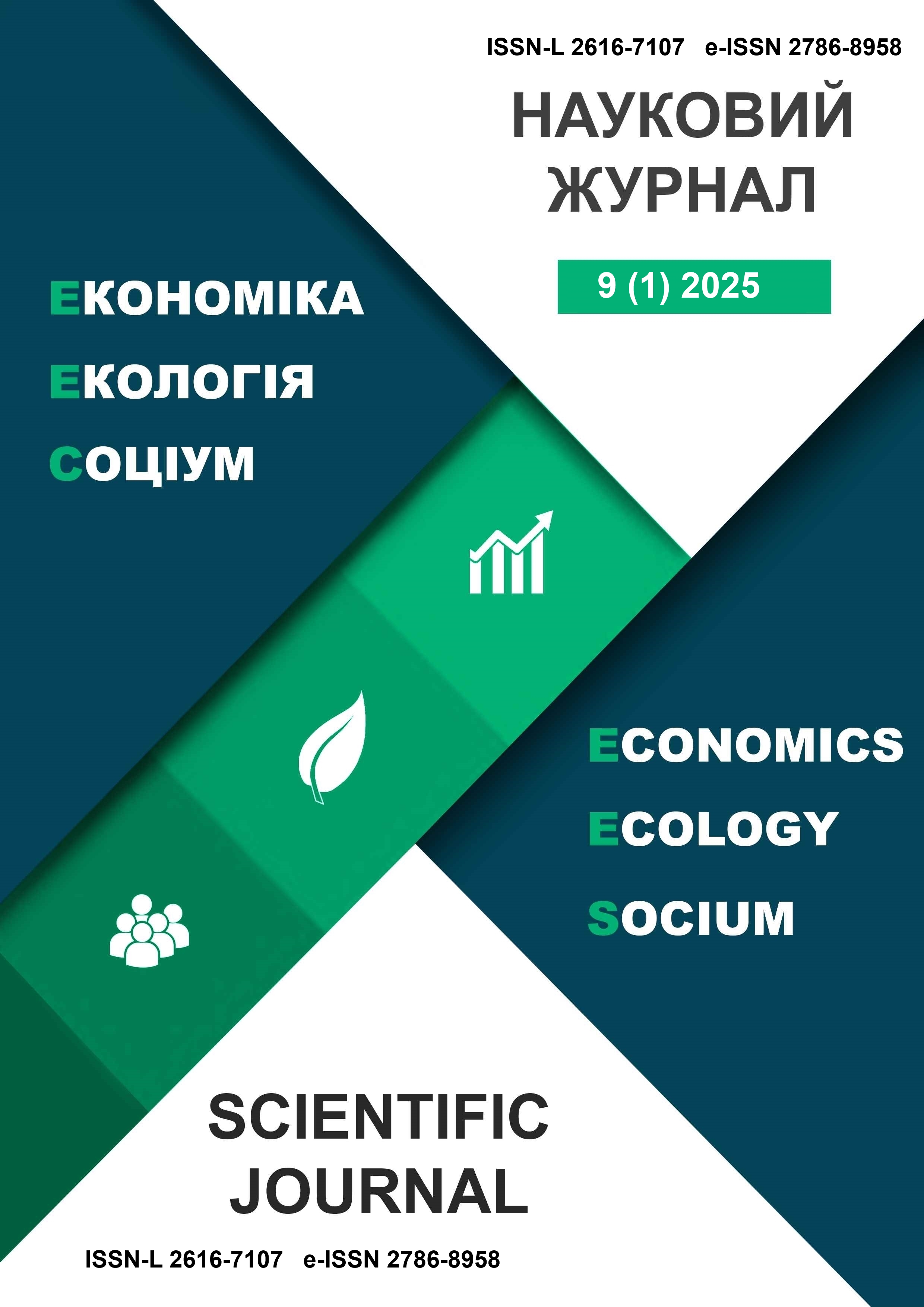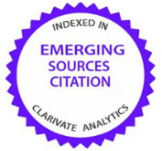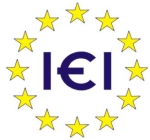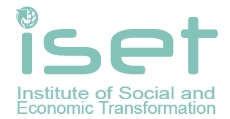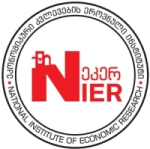Agritourism Management in Sustainable Rural Development and Cultural Heritage Preservation
Abstract
Introduction. Sustainable rural tourism drives economic growth while respecting nature and preserving cultural traditions. Tourism has become a key driver of national, social, and economic development in Albania. It has emerged as a significant contributor to income generation for the government, businesses, and households, with statistics indicating that tourism plays a central role in a country’s economic growth each year.
Aim and tasks. This study examines how agritourism succeeded in Albania by examining its economic, social, and environmental impacts using real-world data. It investigates the relationship between agritourism growth and broader sustainable development in rural areas, testing the hypothesis that enhancing agritourism contributes to sustainability at the territorial level.
Results. This study analyses case studies of 110 agritourism sites in Albania that promote tourism without endangering the environment or local lifestyles. The data collection involved direct observation of agritourism websites and online and phone communications with agritourism operators. The research spans the years 2022-2023 and 2023-2024. Quantitative and qualitative research methods were employed with analysis, comparisons, and generalisations based on evaluations across the country. The target population consists of participants from Albania's tourism sector, focusing on agritourism organisations in rural areas. A diverse sample of agritouristic subjects from various administrative districts was selected. The findings demonstrate that agritourism boosts economic gains and supports social cohesion and environmental preservation, making it a vital element of sustainable rural development in Albania.
Conclusions. The study concludes with suggestions for improving Albanian agritourism, highlighting the importance of social and cultural values, environmental conservation, and economic progress for a sustainable model. It is also to highlight that incorporating traditional building materials and cultural elements enhances the distinctiveness of agritourism and aids in preserving local cultures. Rural tourism is vital and receives strong backing from local and national governments.
Keywords:
agritourism, sustainability, rural areas, cultural heritage preservation, environmental conservation, social cohesion.References
Agritourism Association in Albania. (2025). Agritourism in Albania. https://agrotourism.gov.al
Albanian Network of Professionals. (2025). ALTAX. https://altax.al
Ammirato, S., Felicetti, A. M., Raso, C., Pansera, B. A., & Violi, A. (2020). Agritourism and Sustainability: What We Can Learn from a Systematic Literature Review. Sustainability, 12(22), 9575. https://doi.org/10.3390/su12229575
Barbieri, C. (2019). Agritourism research: A perspective article. Tourism Review, 75(1), 149–152. https://doi.org/10.1108/TR-05-2019-0152
Barbieri, C., & Mshenga, P. M. (2008). The role of the firm and owner characteristics on the performance of agritourism farms. Sociologia Ruralis, 48(2), 166–183. https://doi.org/10.1111/j.1467-9523.2008.00450.x
Broccardo, L., Culasso, F., & Truant, E. (2017). Unlocking Value Creation Using an Agritourism Business Model. Sustainability, 9(9), 1618. https://doi.org/10.3390/su9091618
Campbell, J. M., & Kubickova, M. (2020). Agritourism microbusinesses within a developing country economy: A resource-based view. Journal of Destination Marketing & Management, 17(100460), 100460. https://doi.org/10.1016/j.jdmm.2020.100460
Dionizi, B., & Kercini, D. (2025). Sustainable business models in agritourism: An opportunity for achieving SDGS and circular economy. Journal of Lifestyle and SDGs Review, 5(1), e03957. https://doi.org/10.47172/2965-730x.sdgsreview.v5.n01.pe03957
Edgell, D. (2020). Managing sustainable tourism: A legacy for the future (3rd ed.). Routledge.
European Commission. (2000). Towards quality rural tourism: Integrated Quality Management (IQM) of rural tourist destinations. Enterprise Directorate General Tourism Unit.
European Commission. (2021). Tourism - Travel behavior: Attitudes of Europeans towards tourism. https://europa.eu/eurobarometer/surveys/browse/all/series/300920
Haggblade, S., Hazell, P., & Reardon, T. (2010). The rural non-farm economy: Prospects for growth and poverty reduction. World Development, 38(10), 1429–1441. https://doi.org/10.1016/j.worlddev.2009.06.008
Hall, C.M., & Page, S.J. (2014). The Geography of Tourism and Recreation: Environment, Place and Space (4th ed.). Routledge. https://doi.org/10.4324/9780203796092
INSTAT. (2025). Accommodation establishments. November 2024. https://www.instat.gov.al/al/temat/industria-tregtia-dhe-sh%C3%ABrbimet/statistikat-e-turizmit/#tab3
International Encyclopedia of Human Geography. (2009). The geography of tourism and recreation: Environment, place and space (4th ed.). Taylor & Francis Group.
Kokthi, E., Kruja, D., Guri, F., & Zoto, O. (2021). Are the consumers willing to pay more for local fruits and vegetables? An empirical research on Albanian consumers. Progress in Agricultural Engineering Sciences, 17(S1), 19–27. https://doi.org/10.1556/446.2021.30003
Ministry of Tourism and Environment. (2019). National tourism strategy 2019-2023. Albanian National Tourism Strategy. https://turizmi.gov.al/wp-content/uploads/2019/12/National-Tourism-Strategy-2019-2023-EN.pdf
Ministry of Tourism and Environment. (2025). Responsible research and innovation in the Western Balkans. https://wbc-rri.net/tag/tourism-albania-partner.
OECD. (1994). Tourism strategies and rural development. https://one.oecd.org/document/OCDE/GD(94)49/en/pdf
OECD. (2024). OECD tourism trends and policies 2024. OECD Publishing. https://doi.org/10.1787/80885d8b-en
Pizzoli, E., & Xiaoning, G. (2007). How to best classify rural and urban? In Proceedings of the Fourth International Conference on agriculture statistics (ICAS-4), October, 22–24., Beijing. http://www.stats.gov.cn/english/icas/papers/p020071114325747190208.pdf
Ramosacaj, M., & Kushta, E. (2023). A statistical analysis of the impact of tourism on economic growth in Albania. WSEAS Transactions on Business and Economics, 20, 879–886. https://doi.org/10.37394/23207.2023.20.81
Santeramo, F. G., & Barbieri, C. (2017). On the demand for agritourism: a cursory review of methodologies and practice. Tourism Planning & Development, 14(1), 139–148. https://doi.org/10.1080/21568316.2015.1137968
The Ministry of Agriculture and Rural Development of Albania. (2018). https://bujqesia.gov.al/
UNDP. (2022). Tourism and hospitality in Albania 2022: An assessment of tourism trends and performance.
UNTO. (2024). Rural tourism. https://www.unwto.org/rural-tourism
World Travel & Tourism Council. (2024). Travel and tourism environmental & social research: 2024 update. Oxford Economics. https://researchhub.wttc.org/product/travel-tourism-environmental-social-research-2024
World Travel & Tourism Council. (2025). What is the economic impact of travel and tourism? https://wttc.org/research/economic-impact
If the article is accepted for publication in the journal «Economics. Ecology. Socium» the author must sign an agreementon transfer of copyright. The agreement is sent to the postal (original) or e-mail address (scanned copy) of the journal editions.
